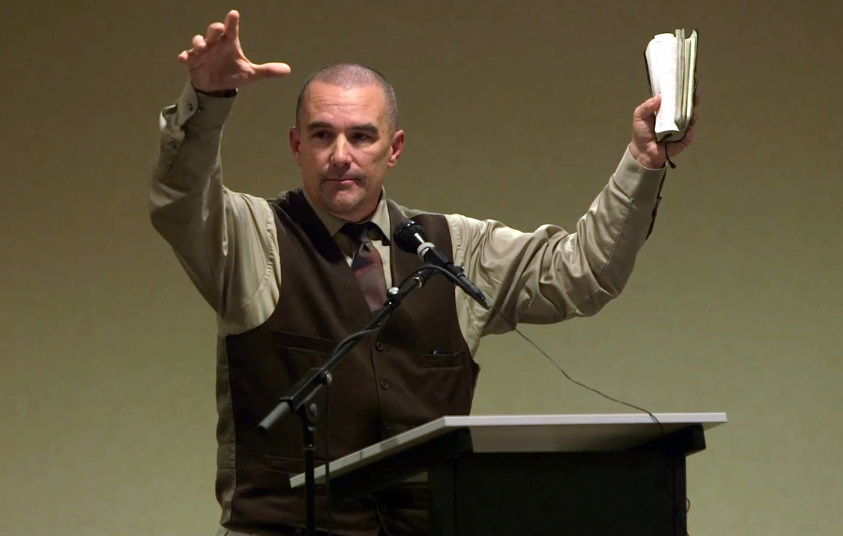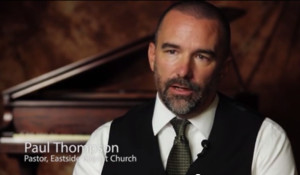Today, a video project I’m involved with on repentance was released today entitled “The Winds of Philosophy and Methodology”. Visit this link daily for reflections on repentance.
The Winds of Philosophy and Methodology from NCFIC on Vimeo.
Tomorrow, July 8, 2017 the Times News will publish my column on the Sufficiency of Scripture in print and online. Look for it in the Religion section of the Twin Falls Times News.
_________________________________________
What You Believe about the Bible Will Determine What You Know about the God of the Bible
The 500 year anniversary of the great protestant reformation is around the corner. The Reformation really isn’t about one event on October 31, 1517 when Martin Luther posted his infamous 95 Theses on the doors of the Wittenberg Chapel doors.
Really it is much bigger than this.
I will devote my next five columns to exploring five convictions of many Christians that emerged during those significant days in church history that are still important today. They are commonly known as the five solas.
First, is Sola Scripture (Latin for Scripture alone).
For clarity, it is critical that you understand when the reformers were speaking about Scripture they were talking about the 66 books that make up the Holy Bible. They did not, nor do I, include the Koran or any other books as Scripture. Today the reformers not , nor do I, include the Book of Mormon or the Pearl of Great price as Scripture either.
The position was that Scripture is the only trustworthy source for Christians to know their God, define their faith, and govern their churches. This doesn’t mean that others can’t speak truth but rather that everything else we learn about God should be interpreted with the lamp of Scripture.
The argument is still valid. We believe that these 66 books of the Holy Bible came from God and the Bible’s authority is from God alone. Every original word of the 66 books of the Bible is solely inspired by God’s Holy Spirit and the Holy Spirit also helps us to understand the Bible and obey God. Here we learn of the Holiness of God and the depravity of man and our great need for salvation. The kindness of God is that he not only shows us these truths, He also calls us unto repentance of our sins and turn to Him.
Many will want to make the invalid argument that we can’t trust that the Holy Bible is a trustworthy account of God. But one would have to discount the mountain of historic evidence that supports that what we have today known as the bible has been sufficiently preserved. We have ancient texts from various places and eras of time that confirm this reliability.
This can be a topic for another day, but for now, give yourself to study this Bible to know God. Commit yourself to the hearing of biblical preaching and teaching and the public reading of Scripture.
Think like the early reformers when they said; “No authority, whether of antiquity, or custom, or numbers, or human wisdom, or judgments, or proclamations, or edicts, or decrees, or councils, or visions, or miracles, should be opposed to these Holy Scriptures, but on the contrary, all things should be examined, regulated and reformed according to them.” (1559 French Confession)
To say Scripture is sufficient is both helpful and risky.
To say, “the Bible does not simply contain the words of God, it is the word of God,” helps the searcher of truth to know he is reading a reliable source of who God is and what He demands from men.
Further, the Bible is not a primary source of who God is it is the only reliable source anyone can trust. It is to say, “put all other books aside and read the bible to know God.”
You see the risk here, not everyone likes this. Many people are offended when someone makes claims like this about the bible. What does this say about other “holy books”?
It is a blessing from God that there are faithful pastors and churches in the region who believe this about the Bible.
This Lord’s Day find one of these churches in the Magic Valley and gather with them.




 Sermon Title: The Centrality and Sufficiency of the Scriptures
Sermon Title: The Centrality and Sufficiency of the Scriptures

